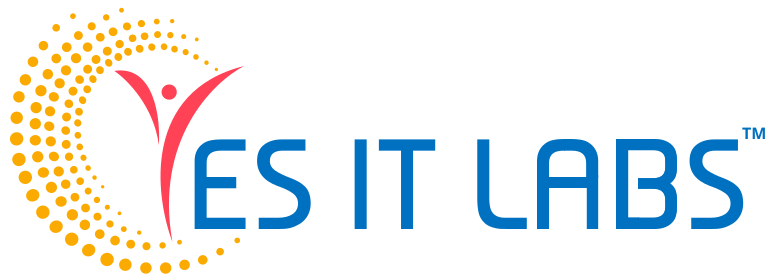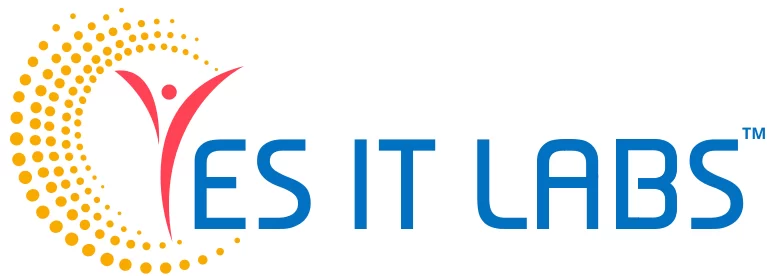Software engineers are often puzzled when it comes to choosing between Android or iOS development. Both systems, despite having architectural similarities, still have different development and maintenance approaches.
Two systems are different from one another not just on the development level but even in terms of design and marketing strategy.
The biggest dissimilarities between Android development vs iOS development are the technical ones. Platforms have different programming languages, testing approaches, and so on. The most common differences in iOS and Android app development on the technical side go as follows:
Development languages
iOS vs Android programming use different technology stacks. Java applies to Android-based apps when building. It requires a lot of code to be written. A new language Swift was designed to develop iOS-based apps. As compared to Java The coding on Swift is much faster. As Swift hasn’t been in the spotlight for that long, old-school iOS developers tend to rely on Objective-C as the main programming language.
Most mobile app developers find an iOS app easier to create than the Android one. Coding in Swift requires less time than getting around Java, the language has high readability.
Development environment
Another major difference between iOS and Android development lies in the Integrated development environment availability (IDE)
Android developers used to rely on Eclipse – a third-party development utility originating from the IBM codebase as native tools for Android development were not out at that time. This integrated development environment has cross-platform support, high readability, and a wide range of development, and debugging features.
iOS developers, on the other hand, rely on the proprietary XCode tool. The Apple-backed solution provides a variety of bug fixing tools, supports the entire range of iOS devices, and is easy to get around.
The development environment has gaps in terms of documentation – you will have to search all over the web to know how to use some of its features.
To that end, Android studio is more stable, not as time-consuming, and has robust documentation.
Design Philosophy
Both designed for mobile app development, iOS and Android share the founding principles of software design. Due to the fact that both touch and a stylus don’t have 100% clicking precision, the smallest clickable areas are 44px for iOS and 48px for Android.
The main difference between iOS and Android design philosophies lies in architecture organization and navigation.
Development complexity
In reference to OS fragmentation, the difference between iOS and Android in coding languages is not so complex. Apple has a limited number of devices that run iOS, whereas Android-powered devices have a wide range of systems that operate on devices. When it comes to iOS vs Android app development complexity, iOS wins with big numbers. It has a lot to do with device fragmentation – while Apple releases a limited range of devices – thus, there’s a small range of screen dimensions to account for, but it’s not the case with Android. There are dozens of screen styles based on the screen size, density, and version of the OS.
Cost of development
To define how much it costs to make an app based on the business requirements and needs, firstly, you need to make a decision on the platform, choose the dev team and ask for a rough estimate. You should also keep in mind that app development cost depends on the time taken to build it. The truth is the more time the app needs, the higher it costs.








